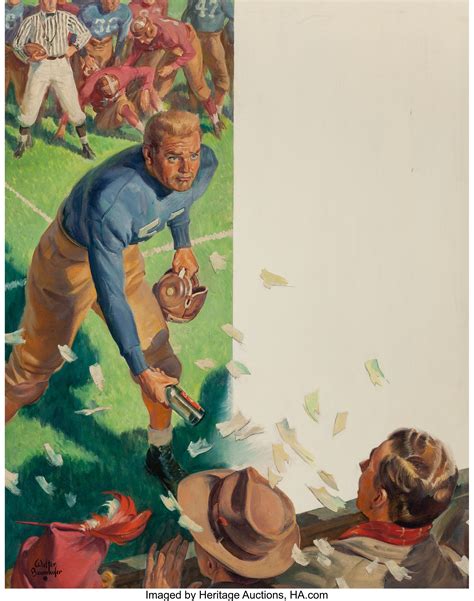A Quote by Salvatore Quasimodo
The poet's spoken discourse often depends on a mystique, on the spiritual freedom that finds itself enslaved on earth.
Related Quotes
The freedom of an individual depends upon that individual's freedom to alter his considerations of space, energy, time and life and his roles in it. If he cannot change his mind about these, he is then fixed and enslaved amidst barriers such as those of the physical universe, and barriers of his own creation. Man thus is seen to be enslaved by barriers of his own creation. He creates these barriers himself, or by agreeing with things which hold these barriers to be actual.
A poet’s freedom lies precisely in the impossibility of worldly success. It is the freedom of one who knows he will never be anything but a failure in the world’s estimation, and may do as he pleases. The poet is a man on the sidelines of life, sidelined for life. He belongs to the aristocracy of the outcast, the lowest of the low, below the salt of the earth. A member of the most ancient regime in the world. One that cannot, it seems, be overthrown.
At first, man was enslaved by the gods. But he broke their chains. Then he was enslaved by the kings. But he broke their chains. He was enslaved by his birth, by his kin, by his race. But he broke their chains. He declared to all his brothers that a man has rights which neither god nor king nor other men can take away from him, no matter what their number, for his is the right of man, and there is no right on earth above this right. And he stood on the threshold of freedom for which the blood of the centuries behind him had been spilled.
In wanting freedom we discover that it depends entirely on the freedom of others, and that the freedom of others depends on ours. . . I am obliged to want others to have freedom at the same time that I want my own freedom. I can take freedom as my goal only if I take that of others as a goal as well.
The English people believes itself to be free; it is gravely mistaken; it is free only during election of members of parliament; as soon as the members are elected, the people is enslaved; it is nothing. In the brief moment of its freedom, the English people makes such a use of that freedom that it deserves to lose it.
We will freedom for freedom’s sake, in and through particular circumstances. And in thus willing freedom, we discover that it depends entirely upon the freedom of others and that the freedom of others depends upon our own. Obviously, freedom as the definition of a man does not depend upon others, but as soon as there is a commitment, I am obliged to will the liberty of others at the same time as my own. I cannot make liberty my aim unless I make that of others equally my aim.


































